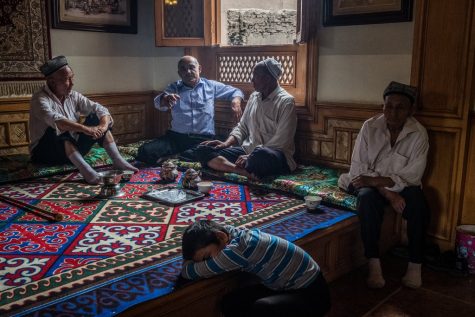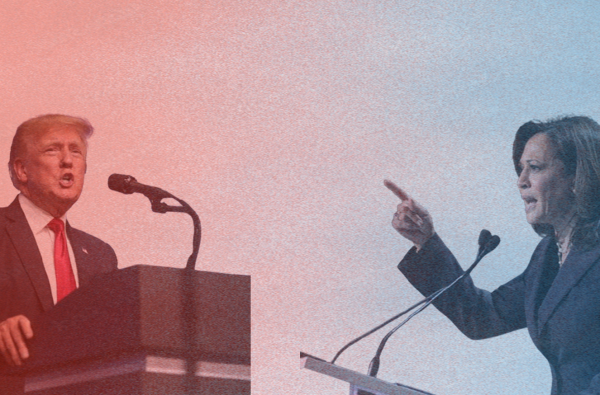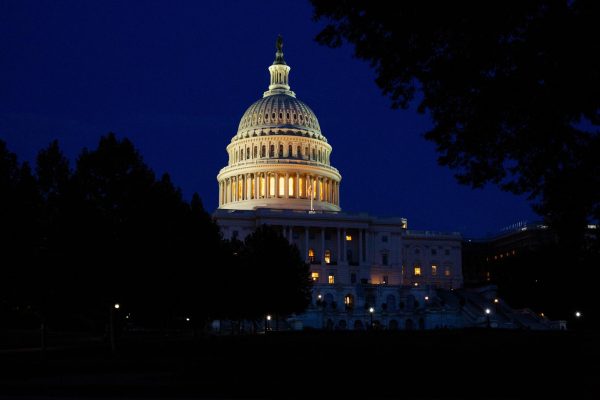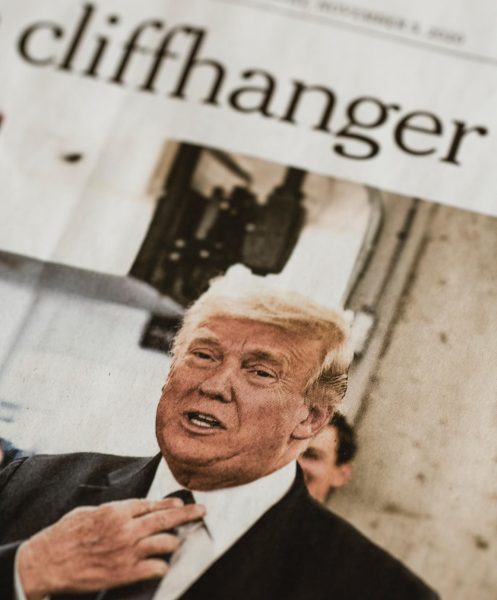A Modern Day Holocaust: China’s Muslim Internment Camps
China’s Communist Party has long been subject to western criticisms of human rights abuses. From the party’s widely-covered suppression of internet freedom to off-the-record torture cases in ‘black jails,’ or extralegal prisons that house political dissenters, the ruling party is no stranger to political scandal. However, the recent development of modern internment camps represents the country’s latest crackdown on religious expression, posing broader questions about the nature of China’s industrial rise and seemingly uncompromising conservative principles.

Reports of the concentration camps began nearly two years ago, after satellite imaging captured footage of large, industrial complexes in the city of Xinjiang, which previously housed nearly 12 million members of China’s Muslim ethnic minority. Reports indicate that nearly the entire minority has since been transferred to internment camps. Human rights advocates claim that these transfers occur without trial and by physical force.
Inside the camps, prisoners are meant to decry their support for Islam and pledge support to the Communist party. Under the guise of ‘education’, the Communist government performs these practices through language immersion and legal theory.
Additionally, detainees are forced to perform labor for incredibly reduced wages or, in many cases, for free. The city’s physical distance from other opportunities and the reported militarization of the camps makes seeking alternative work options almost impossible, locals report.
Typical to the government, press access to such facilities continue to be almost non-existent. Attempts to speak with ‘students’ by organizations like BBC and The New York Times continue to be declined, and the government has wholeheartedly denied any such camps existence. Their functional necessities, like electricity and guards, do not show up on Chinese budget reports, making their sustenance reliant on a process similar to that used in ‘black jails.’
The policy is the party’s latest attack on Muslim minorities. Since 2015, the government has rolled out a series of regulations banning headscarves (which are traditionally worn by Islamic women), long beards, religious schooling, and even Islamic-sounding names. For Uighur citizens, the ones most directly targetted in the creation of the camps, ethnic profiling also continues to impact their travel abilities and job security.
Despite international criticism from countries like the United States and United Nations human rights officials, the camps appear to be steadily growing. Satellite imagery shows that since 2017, the camps have grown to house 10 more buildings. The crisis poses a larger international question of the effectiveness of international actors in limiting China’s human rights abuses, and paints a dim future for the country’s treatment of ethnic minorities and marginalized populations.










